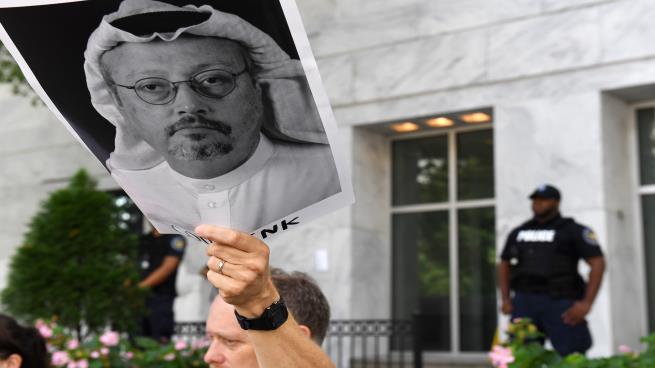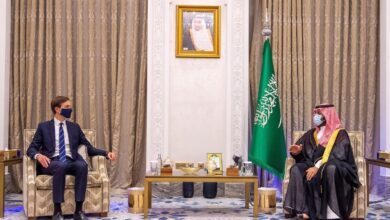A US court order tightens the screws on bin Salman in the Khashoggi case

A court order was issued in the United States of America that would tighten the screws on Saudi Crown Prince Mohammed bin Salman in the murder of the prominent journalist Jamal Khashoggi in early October 2018.
The International Open Society Foundation announced that a step had been made towards publishing a recording related to Khashoggi’s murder. There will be a US intelligence report in this case after a judge ordered these agencies to recognize the existence of this evidence.
The Open Society Justice Initiative, the legal arm of the American billionaire George Soros Foundation, filed a complaint before the civil judiciary against the CIA and other US intelligence agencies for not responding to their request submitted under the “Freedom Information Act”, which guarantees free access to information.
In its complaint, the foundation requested access to all documents related to Khashoggi’s assassination in the Saudi consulate in Istanbul, which would tighten the screws on bin Salman, the main suspect in the crime.
The CIA and the Office of the Director of National Intelligence, in particular, had rejected the request, citing considerations related to national security, for not even confirming the existence of these documents.
However, New York federal judge Paul Engelmayer thought that this brief refusal was not sufficient since the Trump administration had spoken publicly about the recording.
The judge ordered the intelligence services to acknowledge the existence of these documents officially and gave them two weeks to present their legal motives for keeping them secret.
The judge mentioned statements by US President Donald Trump at the end of 2018 in which he said that the United States “has the record” and indicated that after the investigation the CIA “did not conclude” that Saudi Crown Prince Mohammed bin Salman was responsible for the operation.
The judge’s decision does not order the publication of these documents, which may be essential in the assassination, which had a great resonance.
However, Amrit Singh, the attorney for Open Society Justice Innovation, said that the judge’s decision constitutes “an essential stage to end the state of impunity” that the Saudi crown prince and other officials benefit from.
It added that as soon as the intelligence services officially acknowledge the existence of these documents and present their arguments for not publishing them, the institution will be able to “face these arguments” in the hope that it will be able to fulfil its demands.
An opaque trial took place in Saudi Arabia at the end of which five people were sentenced to death, but their sentences were commuted in September to 20 years in prison.





